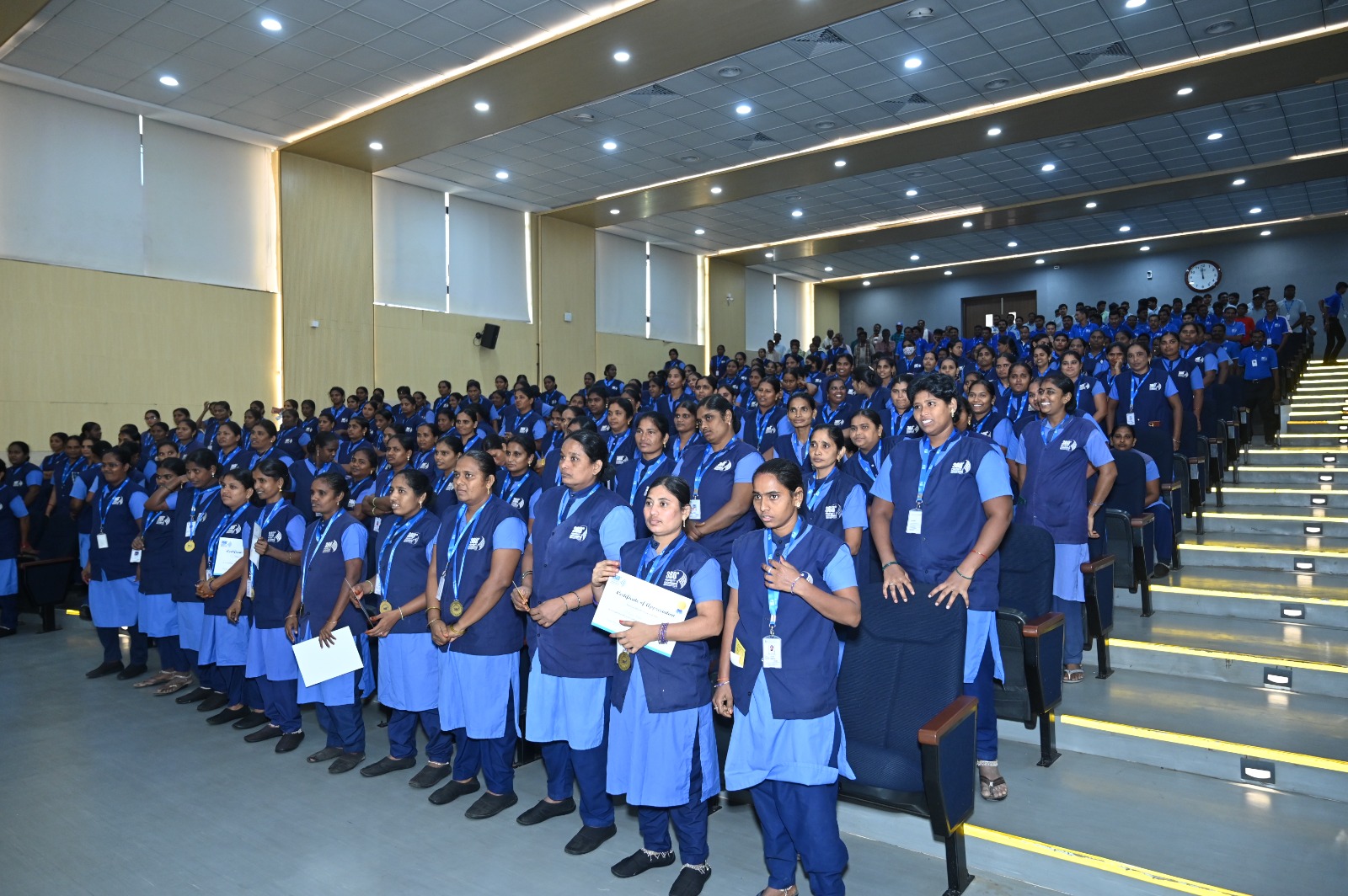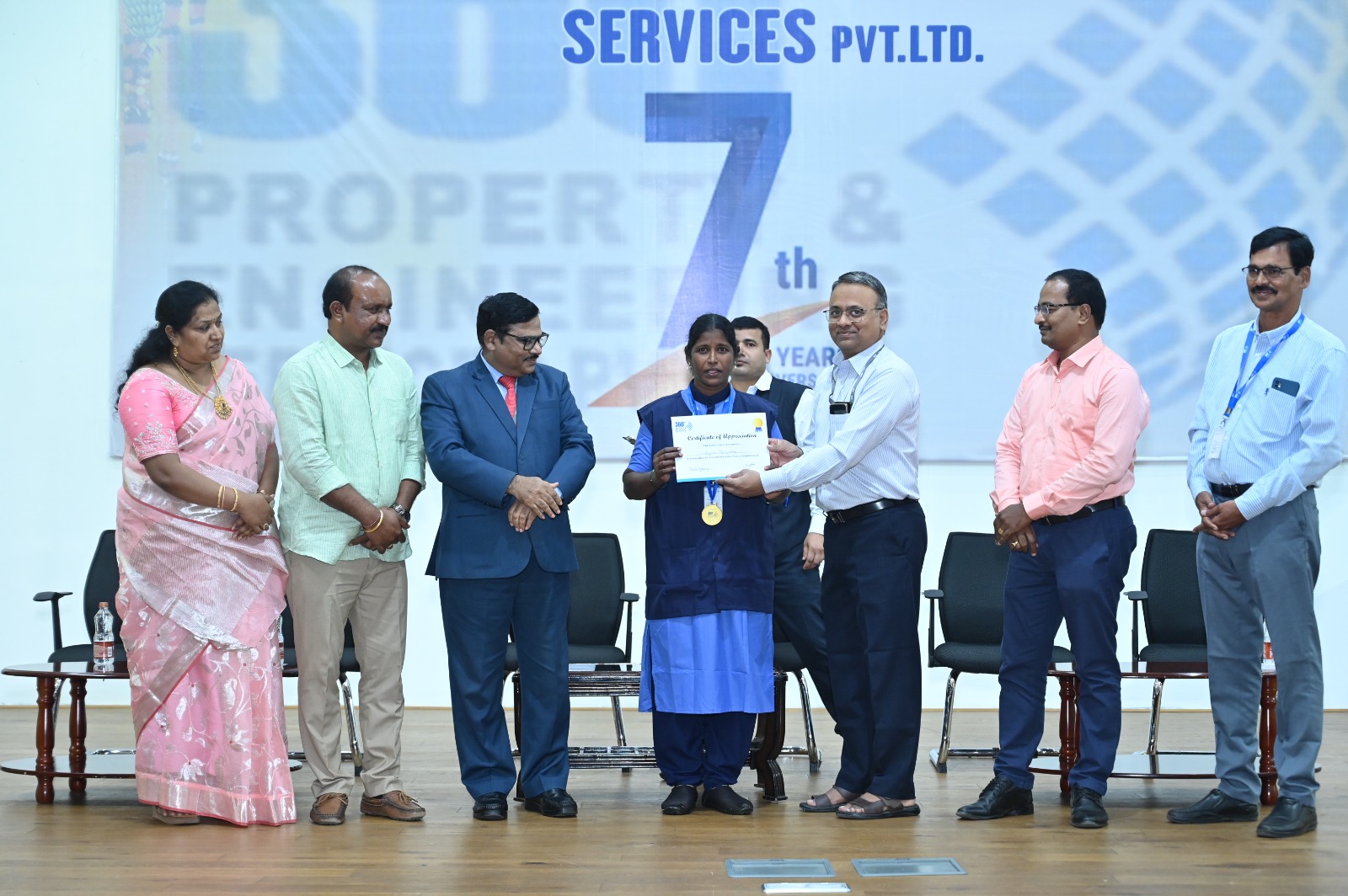Horticulturists are involved in the cultivation of a wide range of crops. This includes fruits like apples, oranges, and berries, vegetables such as tomatoes, carrots, and lettuce, as well as nuts, herbs, and ornamental plants.

CALL FOR HELP
+91-9989990775
Horticulture
Shopping Cart
No products in the cart.
Horticulture
Horticulture is the science, art, and practice of growing and cultivating fruits, vegetables, nuts, seeds, herbs, sprouts, mushrooms, algae, flowers, seaweeds, and non-food crops such as grass and ornamental trees and plants. It involves a combination of plant cultivation and the study of plant science, with a focus on improving plant growth, development, yields, quality, and resilience.
-
01Crop Production
-
02Plant Breeding and GeneticsHorticulturists work on developing new plant varieties with improved characteristics, such as disease resistance, better yield, and enhanced nutritional content. This involves techniques like selective breeding, hybridization, and genetic modification.
-
03Soil ManagementUnderstanding soil composition and structure is crucial in horticulture. Horticulturists analyze soil conditions to determine the most suitable crops and implement practices to improve soil fertility, drainage, and structure.
-
04Crop ProtectionManaging pests, diseases, and weeds is essential to protect crops and ensure high yields. Horticulturists employ integrated pest management (IPM) strategies, which may include biological controls, cultural practices, and the judicious use of pesticides.
-
05Greenhouse and Controlled Environment AgricultureHorticulturists often utilize controlled environments like greenhouses to extend the growing season, optimize growing conditions, and protect plants from adverse weather conditions.
Create Something



